Last week I wrote about my disappointment with 2009’s Star Trek film. My gripes were not about its merits as a film but with the fact that it had little to do with, and even contradicted, the central themes and core ideological premises of Star Trek as a whole. I ended my post by declaring that Star Trek Into Darkness would be as disappointing, saying: I’m sure that, like 2009’s Trek, I will enjoy it as a summer film. I’ll probably buy it. I’ll probably even watch it a hundred times. I’m also sure that I’ll be disappointed in it because it will be Space Film: A Movie About The Future…Of Space! But it will never be Star Trek. And that’s what disappoints me.”
I suppose, then, that this Contrarian Fanboy is me being contrarian to myself. I had expected to see another whiz-bang sci-fi film filled with superficially sci-fi set pieces, hammy acting, and glorious lens flares. All of that stuff was a part of Into Darkness as well but on a more important level, this latest entry into the franchise was something of a course correction; an effort to return to the promise of the Enterprise’s true goals of exploration, development, and enlightenment.
 Admittedly, there is a lot to dislike about Into Darkness, and I can’t really do better than the good people over at io9 did in detailing the films many, many failings and plot holes. Yes, the film is a mess of iffy causation and poor logic. And yes there is little to connect the scenes other than the score and inertia. There are loads of problems with the film, but that’s not really all that important to me.
Admittedly, there is a lot to dislike about Into Darkness, and I can’t really do better than the good people over at io9 did in detailing the films many, many failings and plot holes. Yes, the film is a mess of iffy causation and poor logic. And yes there is little to connect the scenes other than the score and inertia. There are loads of problems with the film, but that’s not really all that important to me.
What is important to me is the fact that the film made a point of focusing on Starfleet’s values and how far the actions of the film’s main characters stray from those values. From the first scene, in which the Enterprise tries to save a civilization without violating the Prime Directive, to the central plot of the film, in which Kirk takes a mission that clearly violates Starfleet regulations, the film makes a stark distinction between violence and the things Starfleet values: mutual aid, exploration, humanity.
At it’s core, the film asks a question that is relevant to both Star Trek’s cold war origins and our current post 9/11 ideological malaise: how far do we go to defend ourselves? How much of ourselves, of our values, can we sacrifice before we become villains ourselves? And, if we become ruthless in order to defend ourselves from evil, does that mean we were never worth defending?
So many of the film’s most impressive moments, in particularly Kirk’s early interactions with Admiral Marcus, Spock, and Scotty, all examine these questions from different angles. For Admiral Marcus, Starfleet is weak, bloated, and idealistic and hence is incapable of dealing with the threat posed by the Klingons. What it needs is a wake up call in the form of a war, so that it can develop a post 9/11…I mean, post Starfleet worldview. For Spock, Starfleet is no better than its rules, and militarization is against them. Starfleet provides order based on cooperation, science, mutual aid, discovery. Why alter this order based on the slim chance that a distant world might cause some trouble? For Scotty, a Starfleet officer is an explorer, full stop. If it was meant to be the military that’s what it would be.
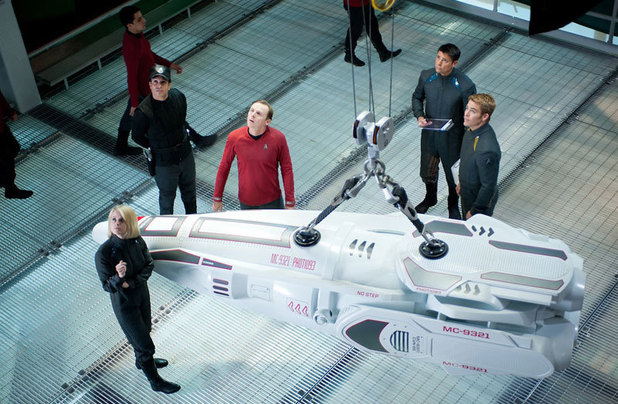
Over the course of the film’s run time, Abrams and his writing partners deal with issues of militarization, the morality of pre-emptive war, the use of drones, and the results of militarizing our institutions and our minds. Again, other reviewers have done a great job elaborating those points. While I wish that these questions had been raised in a better film, I am relieved and grateful that they were even raised at all in this film and that the film concludes with a reaffirmation Star Trek’s values and a rejection of militarization, bullying, and the bureaucratization of violence.
It is almost as if Abrams and company decided to address my concerns head on, by making them the underlying concern of the crew, the captain, the script, and the film itself. When I wrote that Abram’s Trek was a fine sci-fi film, but a terrible Trek film, it was because he didn’t seem to pay any attention to the values summed up in the Captain’s Oath. Imagine my surprise when at the end of the end of the film, Kirk recites the oath before embarking on the Enterprise’s five-year mission. Those words have meaning in Trek. They mean that we are watching something about a humanity that is closer than ever before to becoming it’s best possible self. A humanity that has stretched the definition of life with joy. A humanity that has decided that peace is not carrying the biggest stick, but rather having the most partners. To get there, we have to leave the comfort of the familiar, and boldly go where no one has gone before.

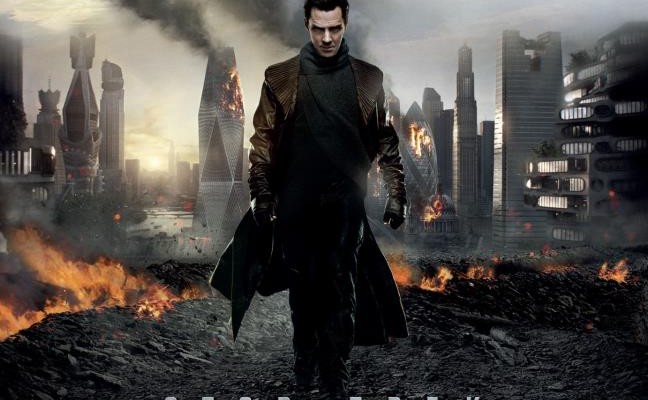

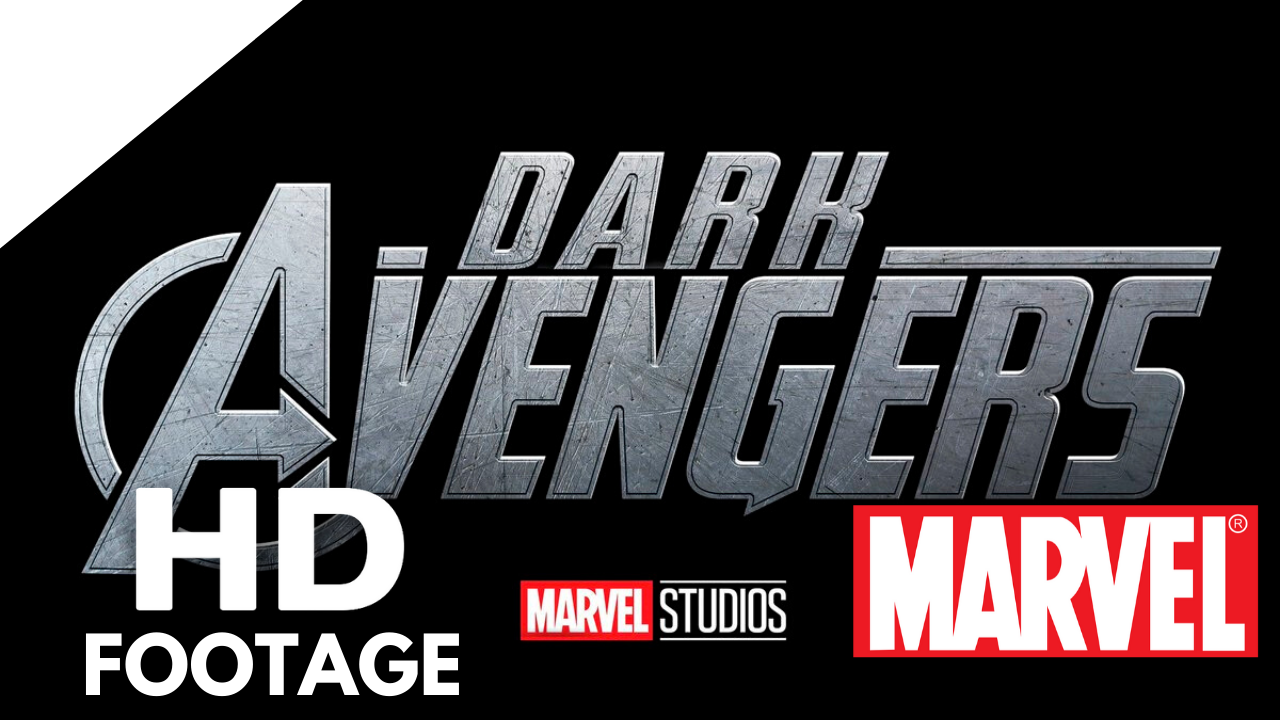


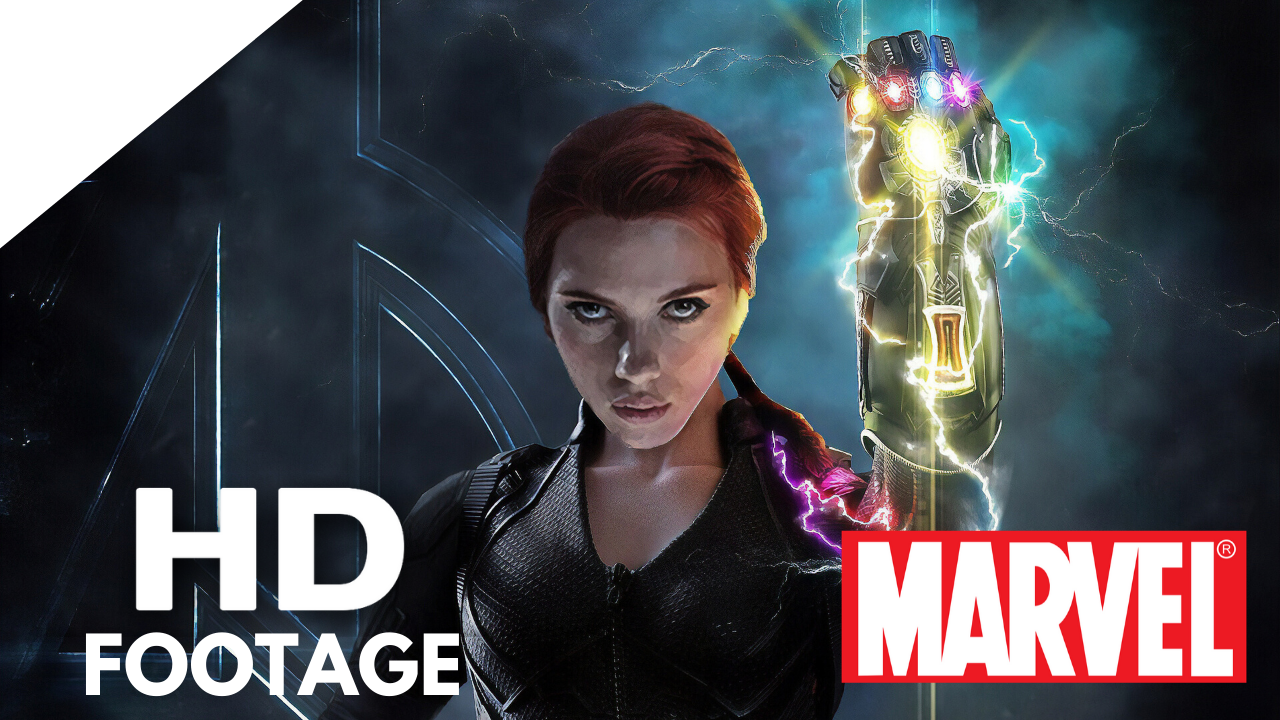


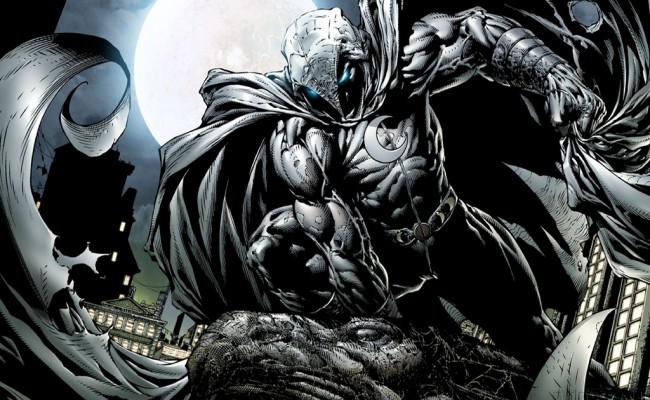
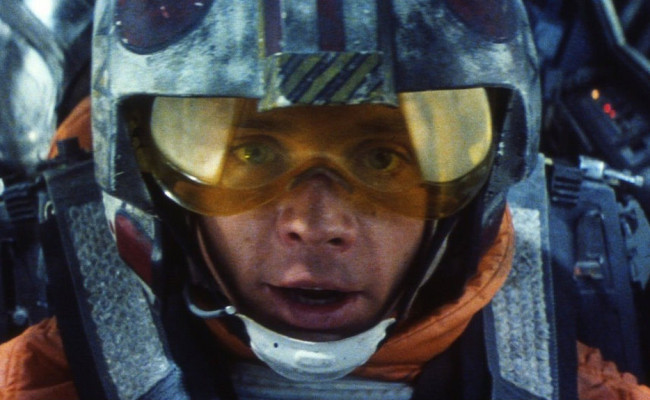

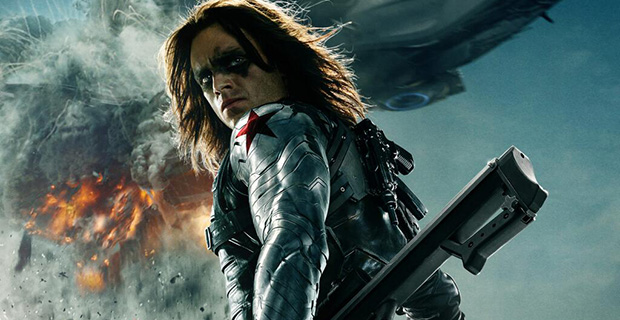
S#!T Talking Central